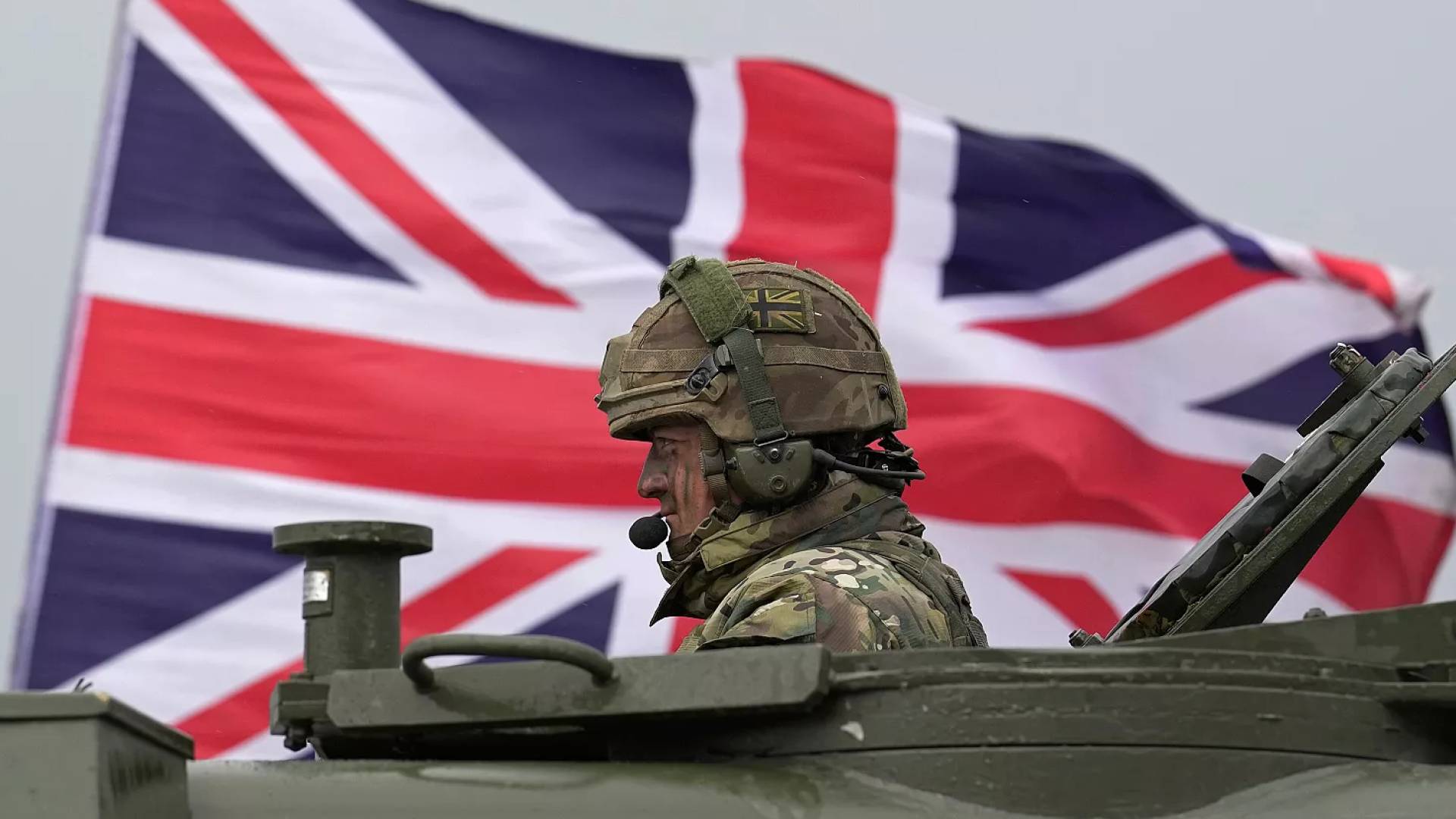UK must prepare for ‘wartime scenario’ at home, security reports warn
The UK must prepare for the possibility of a “wartime scenario” on its own soil for the first time in decades, according to a new National Security Strategy published on Tuesday.
The government review highlights rising international instability driven by Russia’s war in Ukraine and escalating tensions in the Middle East, increasing the risk of direct conflict affecting the British homeland.
The strategy comes just two days after Iran threatened to target UK military bases in response to a US strike on Iranian nuclear facilities. Although a ceasefire was later announced, the document warns that adversaries such as Iran and Russia continue to pose significant risks to national security, including through cyberattacks and sabotage.
“For the first time in many years, we have to actively prepare for the possibility of the UK homeland coming under direct threat, potentially in a wartime scenario,” the report states. It calls the coming years a critical test for the UK, urging “agility and courage” while expressing confidence in the resilience and determination of the British public.
As part of a new “Home Defence” approach, the strategy outlines plans to:
- Conduct annual national resilience exercises involving civilians, businesses, and government institutions.
- Enhance protection of critical infrastructure, including energy grids and water systems.
- Strengthen coordination across sectors to combat cyberwarfare, sabotage, and disinformation.
- Increase public awareness and preparedness for emergencies, including potential military or hybrid attacks.
The government also plans cross-departmental crisis simulations modeled on pandemic and wartime scenarios to bolster institutional readiness.
The publication coincides with the start of a NATO summit in the Netherlands, where leaders from 32 nations are expected to commit to raising security spending to 5 percent of national income by 2035 — with 3.5 percent allocated to core military expenditure and 1.5 percent to broader security efforts.
The strategy further calls for tougher measures against malign foreign actors, promising more “robust and consistent” responses, especially in dealings with China. It also emphasizes the importance of keeping human security central in artificial intelligence development.
Similar efforts are underway across Europe. Sweden recently distributed public guides on war preparedness, while Finland updated its national crisis plans. The UK joins these nations in recognizing that modern threats transcend borders, making domestic preparedness essential.
The document warns the UK faces confrontation from adversaries threatening national security, citing Russia’s war in Ukraine as the most pressing example. It also highlights “Iranian hostile activity on British soil” and adversaries’ plans to disrupt energy and supply chains.
The report calls for an “all-of-society effort” to enhance security and urges national unity.
Speaking in the House of Commons, Cabinet Office Minister Pat McFadden described the strategy as a “clear-eyed and hard-edged” response to current challenges. He emphasized plans to strengthen border security, improve coordination with allies, and boost capabilities in shipbuilding, nuclear power, and artificial intelligence.
McFadden announced a £1 billion investment in a new network of national biosecurity centers aimed at defending against biological attacks.
The strategy stresses reducing dependence on external actors and countering coercion or manipulation by hostile powers.
It outlines increasing threats including assassination, intimidation, espionage, sabotage, cyberattacks, and interference in democratic processes. Disinformation and social media manipulation designed to sow division are also identified as serious concerns.
Critical infrastructure such as undersea cables remains a key target, the report adds.




